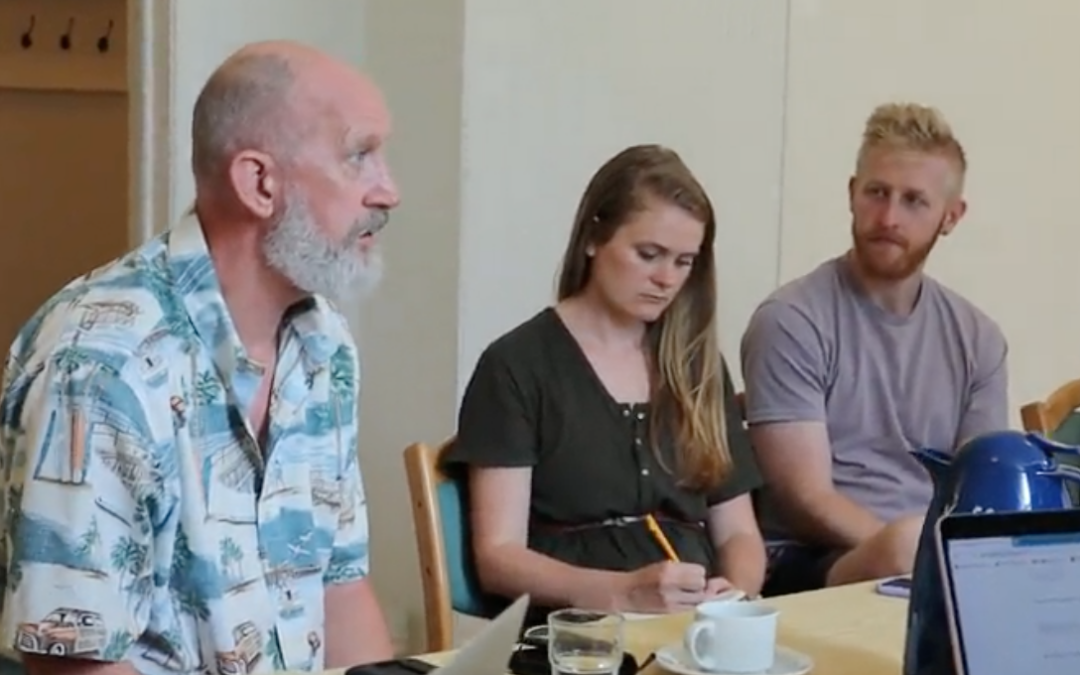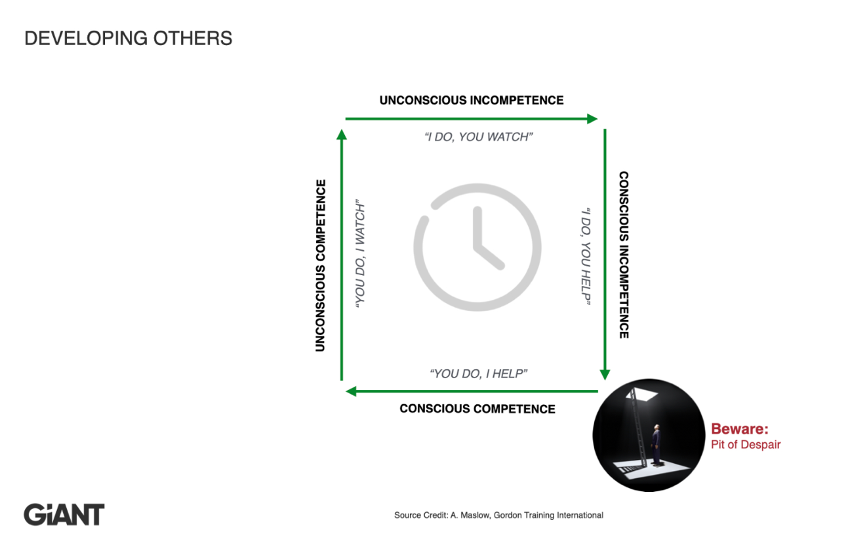Intentional Leadership Development
I was very intentional in developing our leaders for the nine months prior to launching the church plant. We were aligned in our vision, mission, values, and launch strategy. Come launch day, each person was prepared to lead in their various ministry areas. We were off to a great start!
I’ll never forget the moment…about six months later I was preaching and as I scanned the congregation I realized that everyone on our leadership team (except my wife, praise God) was gone! Welcome to the transient nature of the international church!
About a year later, I had another moment I will never forget. In the middle of a meeting with about a dozen church members I broke down in tears from sheer exhaustion. I had been trying to carry the leadership responsibilities of all the initial leaders we had started with. I believed the lie that doing it myself was easier than developing new leaders. I’ve learned my lesson.
In my opinion, being intentional with your ongoing leadership development in the church is second only to making reproducible disciple-makers. This is especially true in our transient international context.
We must be intentional and there are tools to help us!
Developing Others
For anyone learning a new skill or developing expertise, the process and the challenges you face are always the same. The Developing Others tool helps us understand those realities, and gives us a simple process, framework, and best practices for how to master it most effectively. There are 4 primary stages of this growth journey, and in each, there is a specific role for both the “learner” (aka “apprentice”) and the “expert” (aka “master-craftsman”). Effective progression around the square toward mastery means responsibility and support/challenge are gradually increased for the individual at each stage over time – not all at once, but calibrated to keep pace with the learner’s ability to handle it.
- Stage 1 is what we call Unconscious Incompetence – we don’t know what we don’t know. All learning begins here. From the perspective of the expert teaching the skill, the responsibilities are as follows: “I do (expert), you watch (learner).” This is where the learner needs to begin studying the foundational information of the skill through key documents, videos, and the opportunity to shadow the expert.
- Stage 2 comes quickly however as the learner moves into Unconscious Competence – now they know what they aren’t good at and everything they have to do to master this skill set. At this point, the journey ahead can be somewhat intimidating. The expert who is developing them should now start to find small responsibilities and perhaps administrative tasks related to the skill that allow them to begin participating while not yet taking responsibility for things that will overwhelm them or prove disastrous for the team if they get it wrong. At this stage, it’s “I do (expert), you help (learner)”.
- Stage 3 is called Conscious Competence – now the learner has been getting more practice and taking on key responsibilities for the skill. It takes focus, effort, preparation, and probably a longer timeframe (and is likely lower quality) than the expert, but they are getting it. The responsibility should now be “You do (learner), I help (expert).” This is a tricky stage, however, as the learner might be doing it well one day, but then make a painful or seemingly basic mistake the next day because they haven’t mastered it yet. This is where the expert needs to express more support and assistance so that the learner doesn’t fall into the “Pit of Despair.” As the expert, it can be easy to think they should have mastered it by now, but it’s not yet second nature, it takes time (which is why there is a clock in the middle), and what they really need is more time, vision, and encouragement from you to get to the final stage.
- Stage 4 is Unconscious Competence – the learner has now become an expert and demonstrates mastery of the skill, executing in a way that is almost natural to them. Now the original expert needs to fully empower the new expert to carry out their responsibilities without micromanaging – “You do (learner), I watch (expert).” Using this tool, you can now develop your people more intentionally by mapping any new skill you want to train directly to the process with specific steps and actions for each stage. Such a thorough development plan sets everyone up for success with clear, empowering expectations. That’s how we expand capacity and take our team’s performance to the next level with the Developing Others square.
Church Multiplication Network:
Please join us for our next Church Multiplication Network online gathering as we consider the Developing Others Tool, and possibly others, to help us be more INTENTIONAL in our leadership development.
Please join us at 3pm (Frankfurt) 8am (Panama), Tuesday the 9th of May.
Your Church Multiplication Leadership Team looks forward to seeing you!
And the things you have heard me say in the presence of many witnesses entrust to reliable people who will also be qualified to teach others.
2 Timothy 2:2 NIV



